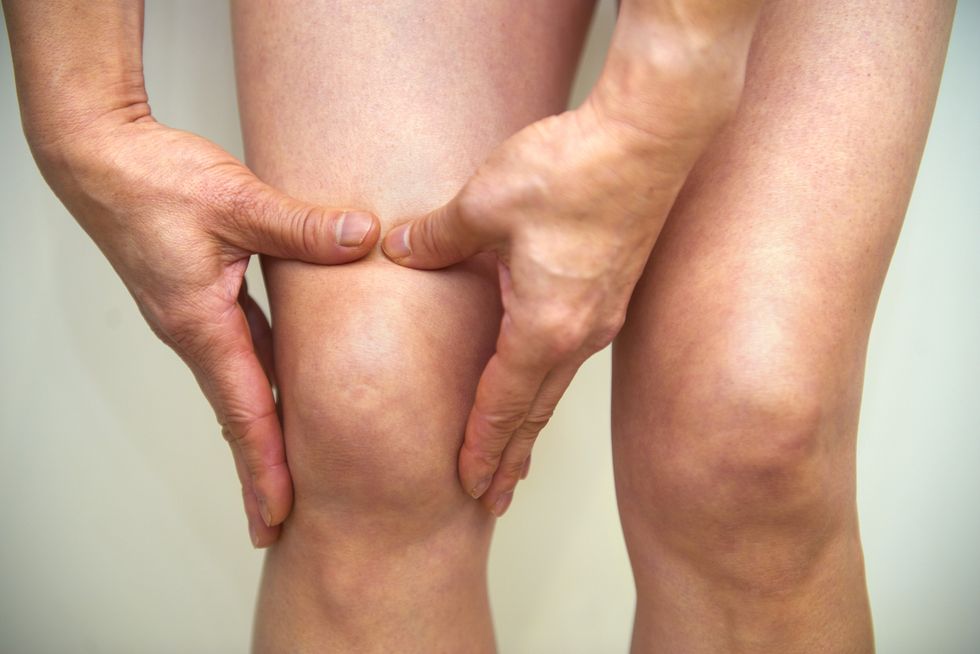Liver disease warning as Britons urged to watch for key sign that ‘can wake you up’ and ‘last minutes’
5 lifestyle habits make the brain 'resilient' against dementia
The doctor advised getting the symptoms checked by a clinician
Don't Miss
Most Read
Trending on GB News
Modern dietary habits have made liver disease increasingly common, but the condition remains notoriously difficult to detect.
Often, the organ has already sustained substantial damage by the time it starts signalling trouble.
In a recent clip, GP Dr Amir Khan warned viewers that nocturnal leg cramps could be an indicator of the disease.
“These are painful, involuntary muscle contractions that can last seconds or minutes, usually affecting the lower legs while you sleep,” he explained. “They can be very painful, wake you up, and make it difficult to get back to sleep.”

Dr Khan noted that it's worth discussing these symptoms with a clinician
TIKTOK / DOCTORAMIRKHANN
The doctor noted that the older a person is, the more likely they are to experience leg cramps.
“This is because our tendons naturally shorten as we age,” Dr Khan explained. “Women are also more likely to suffer from them. They’re also more common during pregnancy.”
While there is no known cause for leg cramps for the majority of people, the symptom has been clinically associated with several conditions.
“Sitting for long periods during the day, standing or working on concrete floors, poor posture, and medical conditions such as heart, kidney, and liver problems can be contributing factors,” explained Dr Khan.
Leg cramps are clinically associated with the final stages of liver disease, known as cirrhosis.
This can be taken as a sign that the liver has ceased to function properly and that nerve function has been affected.
Another factor linked to liver function is electrolyte balance, which may also contribute to the development of nocturnal cramps.
LATEST DEVELOPMENTS

Leg cramps are clinically associated with the final stages of liver disease,
GETTY
In some cases, kidney problems may disrupt electrolyte balance, as impaired kidneys can cause waste products to build up in the blood.
Dr Khan noted that it's worth discussing these symptoms with a clinician, who will likely run tests if they suspect an underlying issue.
He said: “You can reduce your risk of leg cramps by doing stretching exercises throughout the day, drinking plenty of water, eating a balanced diet rich in B vitamins, and wearing supportive shoes.
“If you do get a leg cramp, it’s worth getting up, pressing your feet flat against the floor, and doing some stretches or massages using your hands or a roller. Walking gently around the room can also help.”








